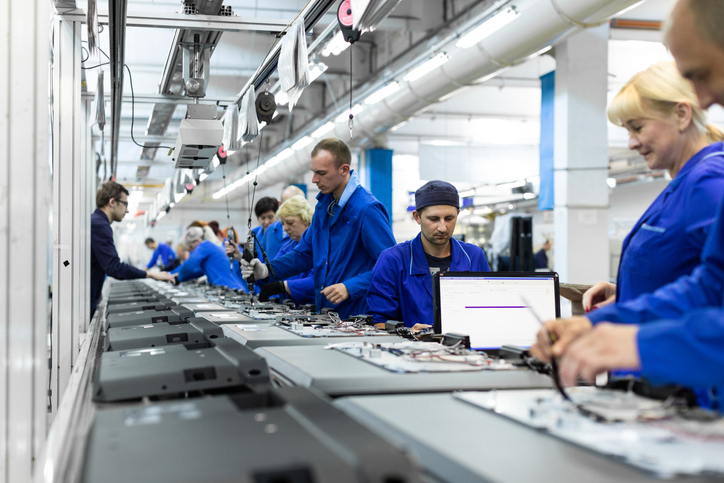How does successful integration of employees from Eastern Europe work?
In recent years, German companies have increasingly made efforts to integrate and support foreign employees from Eastern Europe into their work environment. Effective integration of employees contributes to the overall success of the company.
The integration of foreign employees from Eastern Europe brings with it unique challenges that must be carefully considered so that they can be addressed strategically.
Two basic categories of challenges are cultural differences and language barriers on the one hand, and administrative obstacles and legal aspects on the other. This article discusses the most important measures for the successful integration and long-term retention of employees from Eastern Europe in German companies.
What are the key steps to integrate workers from Eastern Europe effectively?
1. Overcoming administrative obstacles and legal aspects
Challenge: Administrative procedures and legal requirements can be complex.
Strategy: Comprehensive support in dealing with administrative procedures. Including assistance in obtaining work permits, visas and compliance with labor laws. Working with legal experts and compliance agencies and managing administrative tasks for Eastern European employees.
2. Language support and German courses
Challenge: Language barriers can hinder effective communication and integration.
Strategy: Offer German courses tailored to the needs of employees in Eastern Europe. Support language acquisition to facilitate interactions in the workplace and beyond.
3. Intercultural training
Challenge: Cultural differences can lead to misunderstandings and communication barriers.
Strategy: Implement intercultural training programs for both German employees and newcomers from Eastern Europe. These programs promote cultural awareness and improve communication skills. The goal is to promote mutual understanding.
4. Mentoring program
Challenge: Newcomers may have difficulty adapting to the company culture and work environment.
Strategy: Establishing mentoring and coaching programs would be the right solution. Experienced colleagues accompany and support employees from Eastern Europe. At the same time, they gain insight into company practices, professional expectations and career development opportunities.
5. Inclusive work environment
Challenge: Cultural differences can affect team dynamics and collaboration.
Strategy: It is necessary to foster an inclusive work environment where diversity is valued. This means encouraging open dialogue and actively addressing any prejudice or misunderstanding.
6. Opportunities for professional development
Challenge: Limited growth and advancement opportunities can impact employee retention.
Strategy: Provide employees in Eastern Europe with structured career development paths and training opportunities. Allow them to improve their skills. The opportunity to take on leadership roles and make a significant contribution to the company's success influences employee retention.
7. Regular feedback and evaluation
Challenge: Lack of feedback and evaluation can hinder performance improvement.
Strategy: Conduct regular performance reviews and feedback sessions to provide constructive guidance and recognize achievements. Encourage continuous professional development and proactively address challenges.
8. Cooperation with the temporary employment agency
Challenge: Implementing integration programs may require specific resources and expertise.
Strategy: partner with the temporary employment agency to leverage expertise in coordinating intercultural training, language courses, mentoring programs and other integration initiatives. Use the support of temporary employment agencies to optimize the integration processes of employees from Eastern Europe.


Conclusion
The successful integration and retention of employees from Eastern Europe in German companies requires a multi-faceted approach.
It covers cultural, linguistic, administrative and professional aspects of development. If you need support in integrating workers from Eastern Europe, contact us today. We are here to help you optimize the integration process and maximize the potential of your diverse team.
Looking for employees from Eastern Europe? How we provide top temporary workers and subcontractors!
We, Zeitarbeit International, have been active as a personnel service provider for over 25 years. We provide companies in Germany with personnel from Eastern Europe, EU countries and third countries for crafts, construction, industry, solar technology, medicine, industrial assembly, machine relocations, Electrical engineering, engineering, Automotive industry, Metal and steel construction, Production and logistics. Our core competence includes welding, manufacturing of metal structures, assembly, construction and maintenance of industrial plants. In addition, we provide hard-working production assistants, assembly line workers, controllers, etc.





